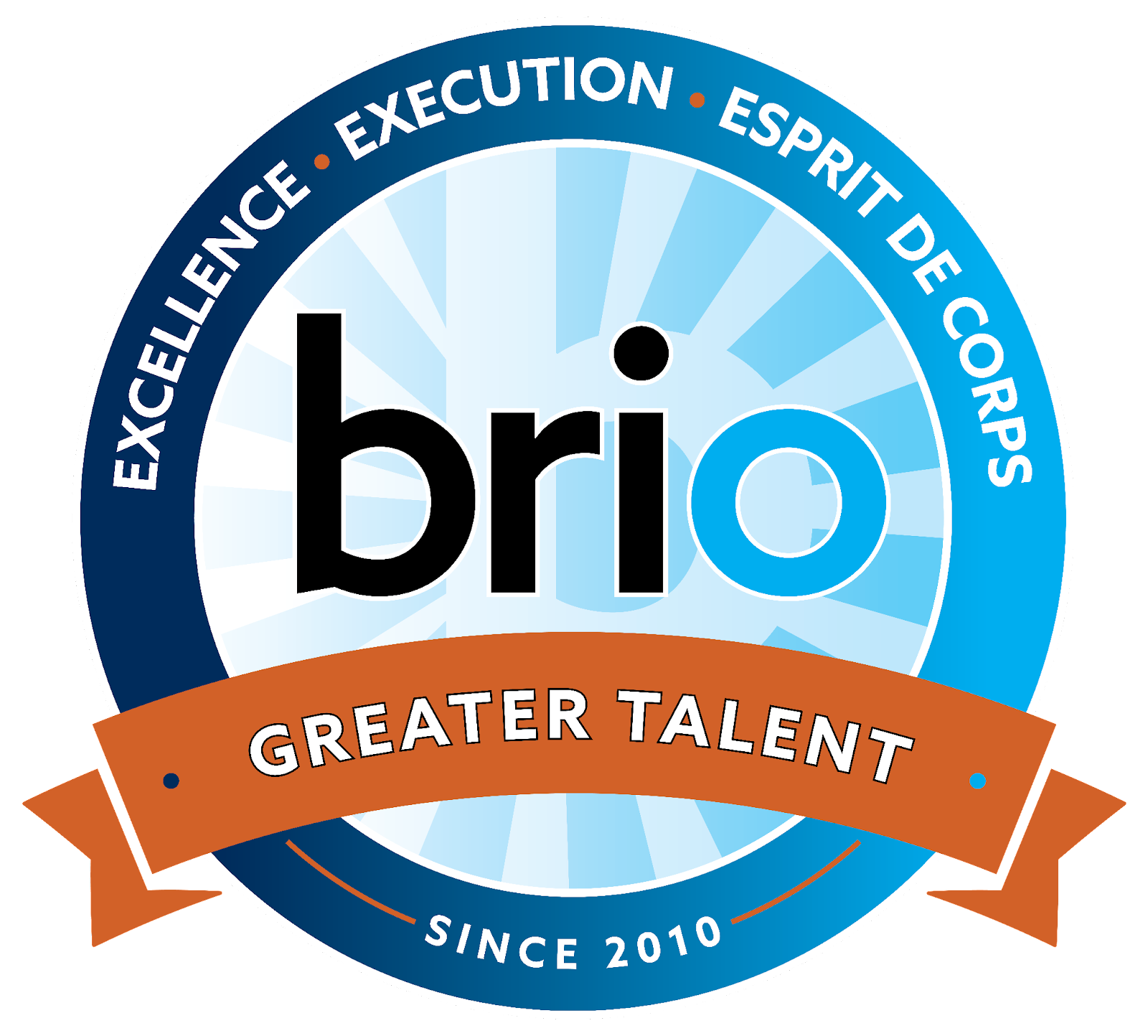
SHARE
A robust onboarding process is a vital aspect of employee retention and satisfaction, particularly in the fast-paced and innovative BioPharma industry. With new employees often dealing with complex scientific concepts, intellectual property concerns, and rigorous regulatory requirements, a solid onboarding program tailored to the industry is critical.
The Importance of a Strong Onboarding Process in Employee Retention and Satisfaction
In the BioPharma sector, employee retention and satisfaction have a direct impact on a company’s success. A well-designed onboarding process not only helps new employees acclimate to their new roles quickly but also establishes a sense of belonging and commitment to the organization. This fosters a positive work environment and improves overall productivity.
Key Components of an Effective Onboarding Program
- Industry-Specific Training: A comprehensive onboarding program should include industry-specific training to familiarize new hires with the unique aspects of the BioPharma sector, including R&D processes, clinical trials, and regulatory compliance.
- Mentorship and Support: Assigning a mentor to new employees helps them navigate the complexities of the industry and provides guidance on projects, resources, and organizational culture.
- Intellectual Property (IP) Awareness: Training new employees on the importance of protecting IP and maintaining confidentiality is crucial in the BioPharma industry.
- Compliance and Ethics Training: Ensuring new hires are well-versed in the industry’s regulatory framework and ethical guidelines is essential for maintaining the company’s reputation and avoiding potential legal issues.
Engaging New Employees During the Onboarding Process
- Gamification: Utilize gamification techniques to make training more interactive and enjoyable, such as quizzes, simulations, and interactive case studies.
- Social Integration: Plan team-building activities and networking events to help new employees build relationships with their colleagues and foster a sense of belonging within the organization.
- Continuous Feedback: Encourage open communication and provide ongoing feedback to help new employees adjust and grow in their roles.
- Customized Learning Paths: Offer personalized learning opportunities based on individual strengths, interests, and areas for improvement.
Success Stories and Best Practices from Leading BioPharma Companies
- Pfizer: Pfizer has implemented a Global Onboarding Program called “Welcome to Pfizer” that focuses on integrating new employees into the company. The program includes e-learning modules, instructor-led training, and hands-on experience in the lab to help new hires acquire both theoretical knowledge and practical skills necessary for success in the BioPharma industry.
- AstraZeneca: AstraZeneca has been recognized for its comprehensive onboarding. Most countries run a buddy program so it’s also likely new hires will be assigned a buddy for a period of time to support them. There are also activities that the new starter can proactively undertake to aid their transition into their new organization and to increase their performance and development.
A robust onboarding process is crucial for new employees in the BioPharma industry to adapt and excel in their roles.
By incorporating industry-specific training, mentorship, IP awareness, and compliance training, companies can create a supportive environment that fosters employee satisfaction and retention. Adopting strategies for engaging new employees and learning from leading companies’ best practices will help shape a resilient onboarding process that drives success in the BioPharma sector.



